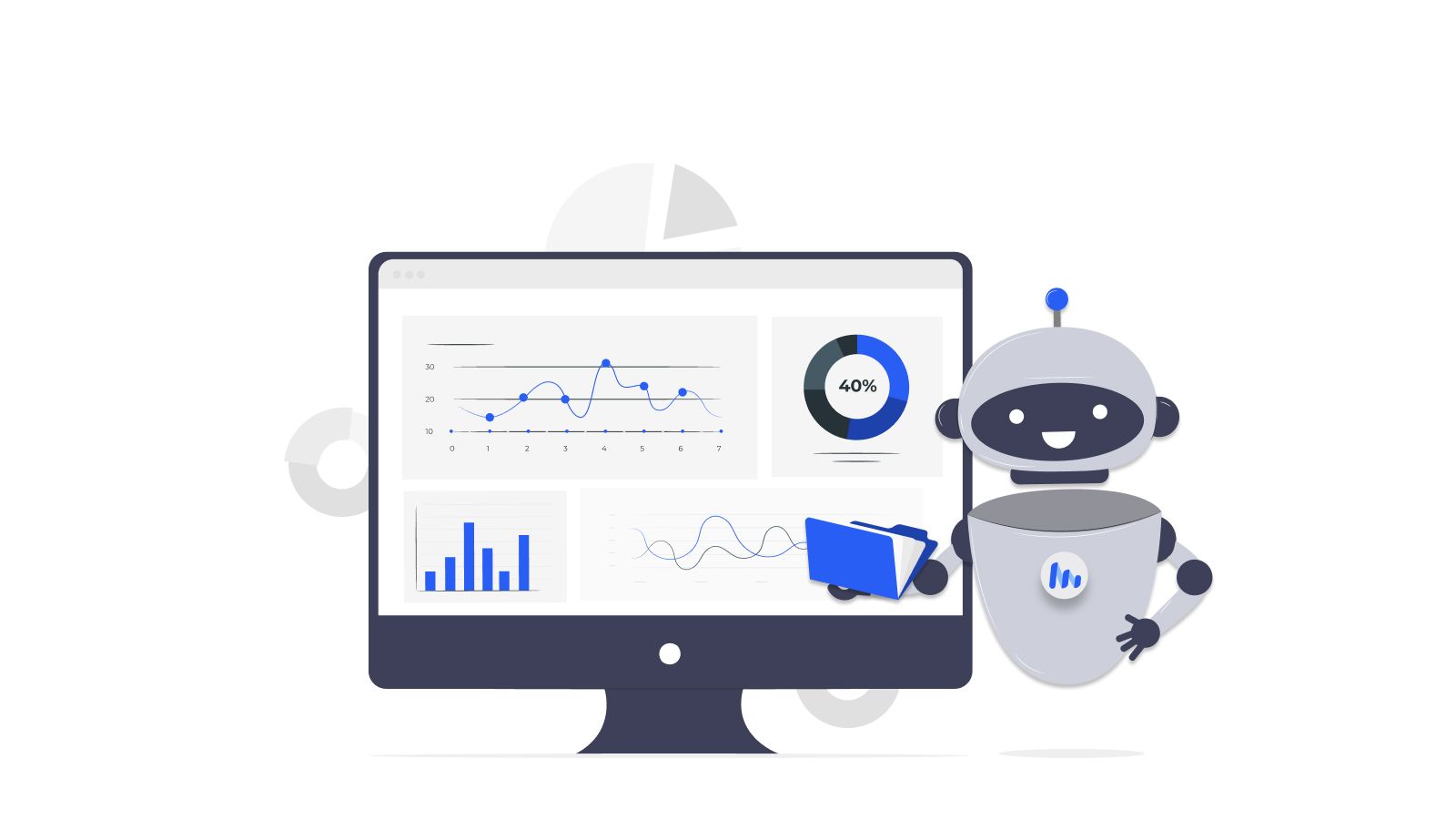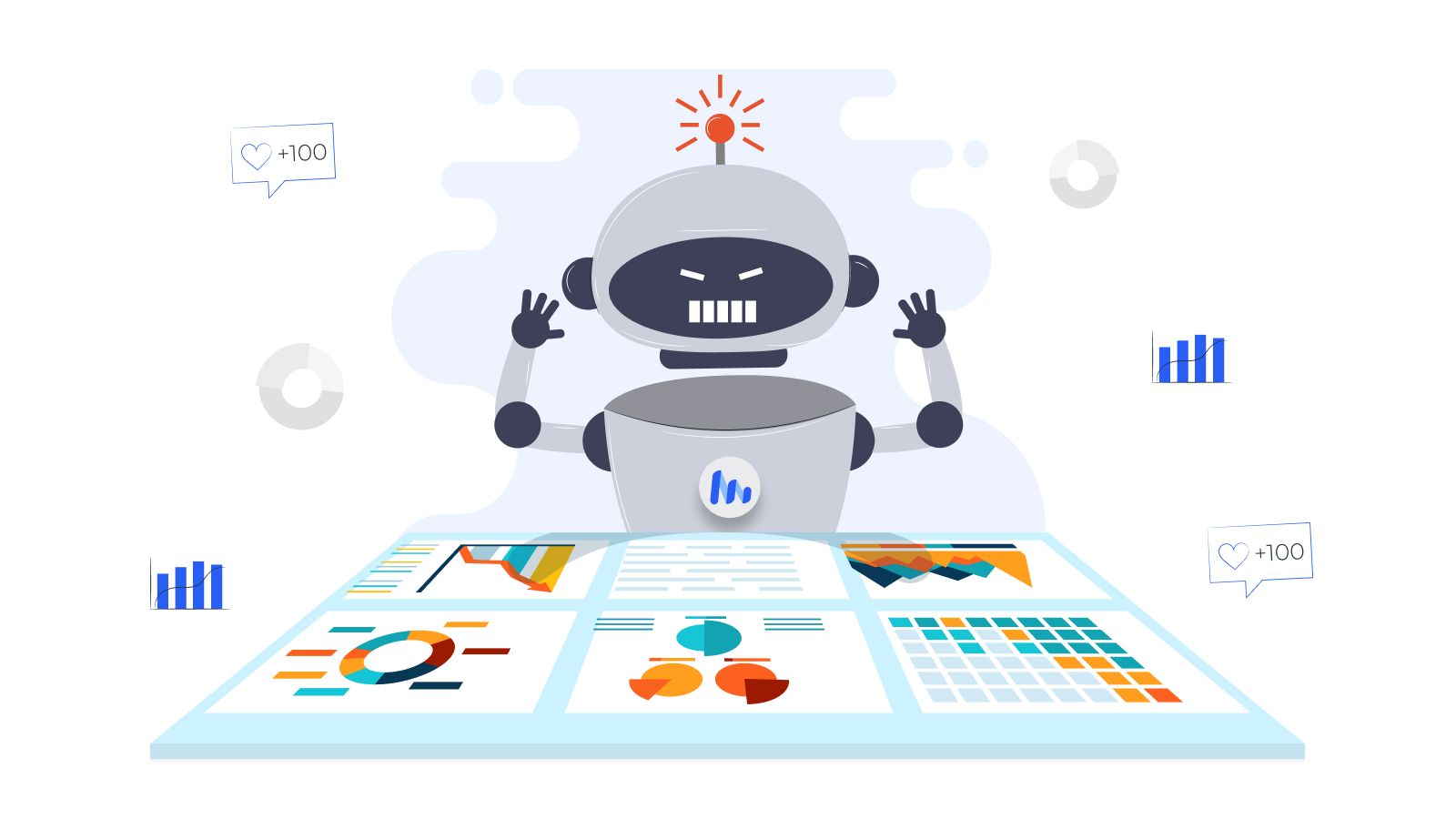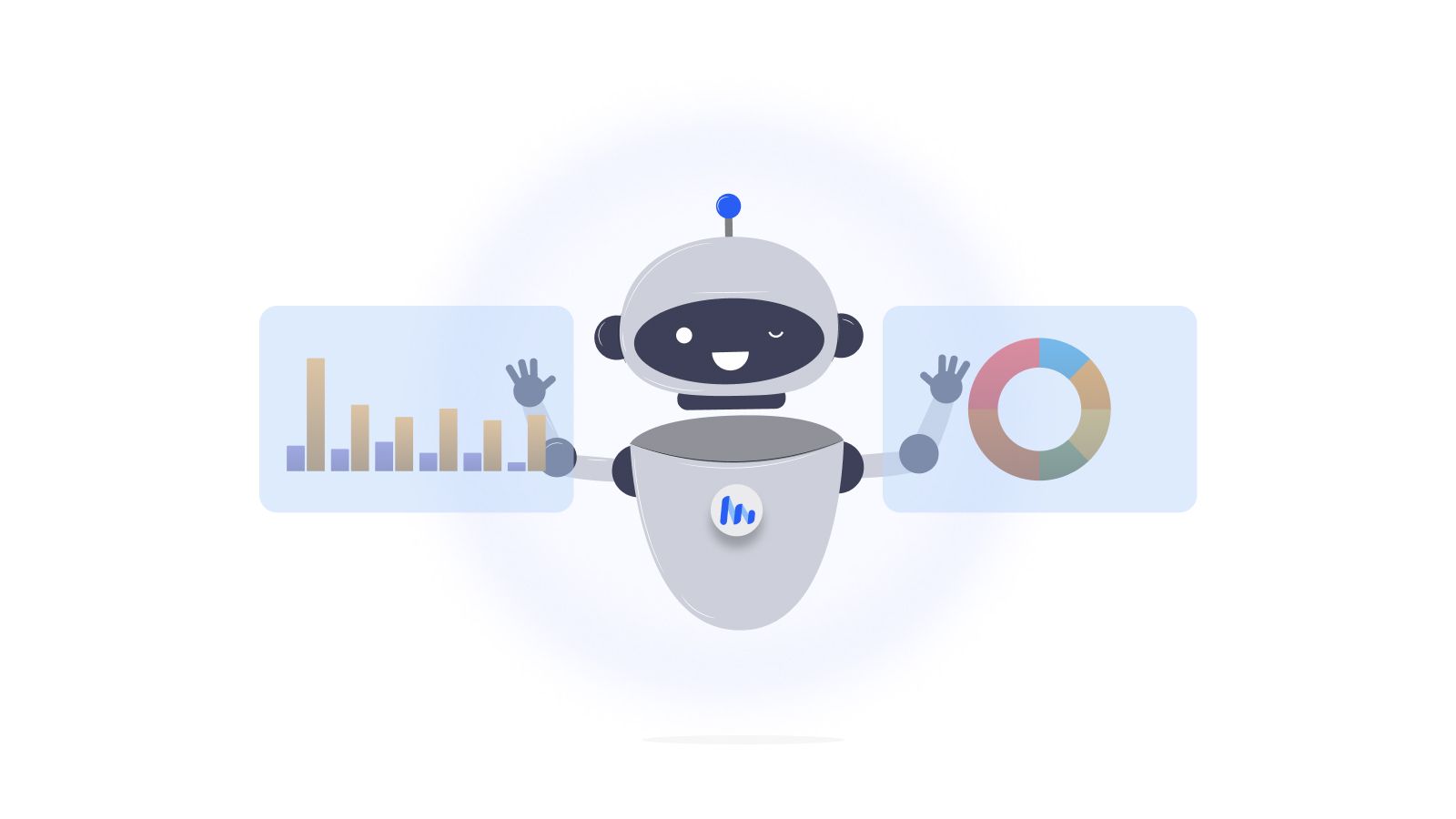How AI is Transforming the Role of Business Analysts
Artificial intelligence (AI) is reshaping the role of business analysts, bringing automation, advanced insights, and a need for new skills. Let's explore how this shift is redefining their future.


Parth Jaimini
2024-12-03
In the business world, change is the only constant, and no role embodies this evolution more than that of the business analyst (BA). Traditionally, business analysts have been the bridge between IT and business, interpreting data, identifying trends, and providing insights that help organizations make informed decisions. However, with the rise of artificial intelligence (AI), the role of BAs is undergoing a seismic transformation. From automating routine tasks to providing deeper and more actionable insights, AI is pushing business analysts into uncharted territory.
The Traditional Role of Business Analysts
Business analysts have long been the backbone of data-driven decision-making. Their day-to-day tasks typically involve gathering requirements, analyzing data, creating reports, and offering recommendations that guide businesses toward better strategies. BAs interpret data from various sources, helping businesses understand where they stand and where they need to go. However, these tasks can often be time-consuming, especially the manual collection and processing of data. And while traditional business analysts provide crucial insights, they’ve had to rely on basic tools and often face limitations when it comes to analyzing large datasets in real-time.
Transformation: How AI is Reshaping Their Work
AI is ushering in a new era for business analysts, taking over many of the routine and labor-intensive tasks that used to consume hours of a BA’s time. Here’s how AI is transforming the role:
1. Automation of Repetitive Tasks
One of the key benefits AI brings is automation. Tasks like data cleaning, report generation, and even basic trend analysis can now be done by AI tools. This allows business analysts to focus on more strategic activities. No longer do BAs have to manually sift through large datasets or spend hours compiling reports. AI-driven tools can process massive amounts of data in a fraction of the time it would take a human analyst, reducing human error and freeing up time for higher-level work.
2. Deeper Insights and Predictive Analytics
AI doesn’t just automate tasks—it provides insights that are more comprehensive and often predictive in nature. Traditional data analysis often relies on looking at past performance to make decisions about the future. AI, on the other hand, excels in predictive analytics. Using machine learning algorithms, AI can identify patterns and trends in real-time, helping BAs offer recommendations that are forward-looking rather than reactive.
For example, AI tools can forecast market changes, customer behavior shifts, or operational inefficiencies, providing BAs with data they wouldn’t have been able to uncover using traditional methods.
3. Improved Decision-Making
By providing more accurate and granular insights, AI empowers business analysts to make better decisions, faster. AI systems can analyze data from multiple sources simultaneously, offering a holistic view that helps in decision-making. With AI’s ability to process unstructured data (like social media feeds or customer reviews), BAs can access more diverse information, leading to more informed business strategies.
Opportunities: New Skills and Higher-Level Tasks
With AI taking over the more tedious parts of the job, business analysts are now being called to elevate their role within organizations. Here are a few areas where BAs need to adapt:
1. New Skillsets Required
AI may automate many traditional tasks, but it doesn't replace the need for human intuition and strategic thinking. Business analysts will need to upskill in areas like data science, machine learning, and AI-driven tools. Understanding how AI systems work and how to interpret their results will become an essential part of the BA’s toolkit. Analytical thinking, problem-solving, and the ability to communicate complex AI-driven insights to non-technical stakeholders will be more critical than ever.
2. Focus on Higher-Level Strategy
As AI takes on more of the data crunching, business analysts are being freed up to focus on higher-level tasks like strategic planning, stakeholder engagement, and innovation. With AI handling much of the “what happened” and “why it happened,” BAs can now focus on “what should we do next?” They’ll play a more active role in driving business strategy, becoming trusted advisors rather than just data interpreters.
3. Collaboration with AI
Instead of fearing that AI will replace them, business analysts should see AI as a partner. AI tools are not infallible—they still require human oversight and strategic direction. A successful BA in this new landscape will be someone who can collaborate with AI, leveraging its capabilities to enhance, rather than replace, their expertise.
Looking Forward: The Future of the Analyst Role
The integration of AI into the business analyst role is still in its early stages, but one thing is clear: AI is here to stay, and its impact on the BA profession will only grow. As AI systems become more advanced, they’ll continue to take on more complex tasks, allowing BAs to focus on providing higher value to their organizations.
In the future, we’re likely to see business analysts working hand-in-hand with AI, using its predictive power and automation capabilities to solve even more complex business challenges. But while AI will change how BAs work, it won’t replace the need for human intuition, creativity, and strategic thinking.
Final Thoughts
AI is undoubtedly transforming the role of business analysts, automating routine tasks, providing deeper insights, and opening up opportunities for higher-level strategic involvement. However, this transformation also calls for BAs to develop new skills, embrace AI as a tool, and step up as strategic leaders within their organizations. The future of the business analyst role is bright, and those who adapt to the AI-driven landscape will find themselves in higher demand than ever.
Related posts
Looking for a marketing purpose analytics tool?
Click HereNewsletter
Website owned by : KAIROS LABS PRIVATE LIMITED, Tonk Phatak Jaipur - 302015, Rajasthan
All Rights Reserved
Email : Support@llmate.ai



